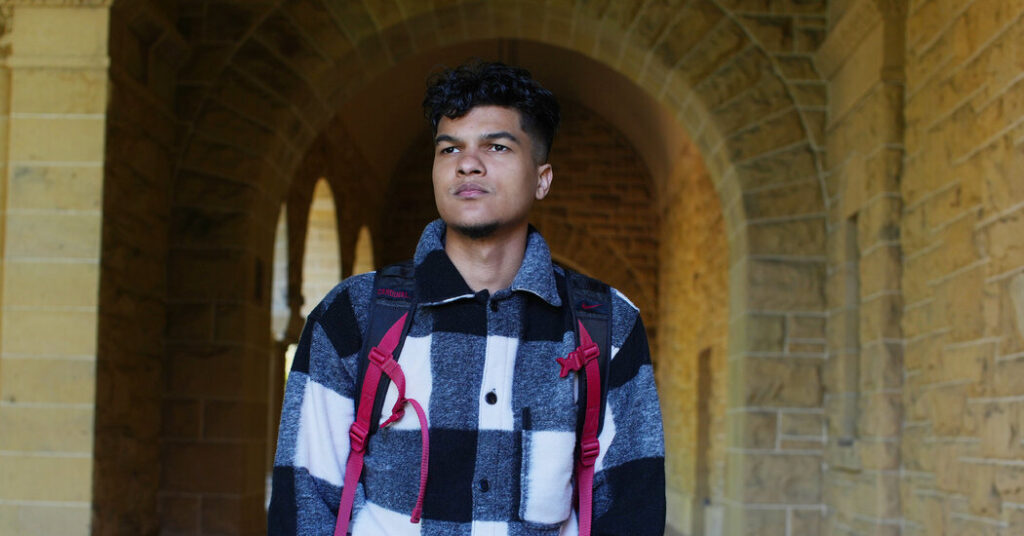Depression and anxiety have become safer topics in the N.B.A. because of the openness of star players like DeMar DeRozan, Kevin Love and Paul George. The phenomenon reaches across professional sports, with young athletes like the tennis player Naomi Osaka, the swimmer Michael Phelps and the gymnast Aly Raisman talking candidly about their struggles. But few have simply quit their sports completely.
So it was striking when Terry, citing “intrusive thoughts” and anxiety, said he was walking away from the game he had once loved and had been paid millions to play.
In interviews over five months — in his hometown, Minneapolis, on the Stanford campus and on the phone — Terry discussed the slow unraveling of his mental health, the fractured relationship with his father that left him feeling unmoored and his desire to shed the identity he had spent a lifetime building.
“I want to be able to completely ditch that part of me,” Terry said.
Back Where He Started
A month after he had abruptly retired from basketball, Tyrell Terry stepped over the ever-present piles of melting snow just outside downtown Minneapolis and ducked inside a Five Guys hamburger restaurant. He was enjoying his days, he said, occasionally lifting weights but mostly hanging out with his longtime girlfriend, Isabelle Florey, and their dog, Touie. He had plans to return to Stanford in April. He called it “a new chapter in my life.”
The first chapter had been in this city, where he grew up and learned to play ball.
His father, Tyron Terry, and his mother, Carrie Grise, met as children in North Dakota and had Tyrell while they were still in college. By the time Tyrell was 4, his parents’ relationship was over, and Grise moved with her son to Minneapolis. His father played basketball at the University of Texas at San Antonio and North Dakota State, but his career stalled after that.


